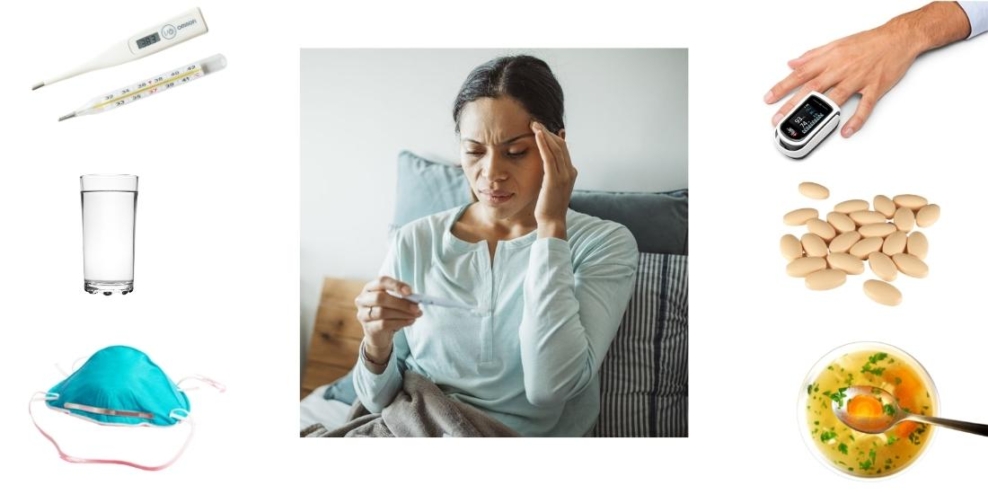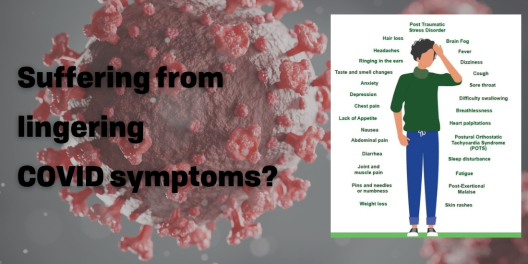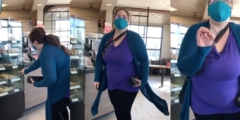COVID-19 is no longer something that happens to other people. It’s everywhere. Chances are, if you don’t have it already, someone in your extended family or close social circle does.
According to Dr. Katharine Smart, President of the Canadian Medical Association and a pediatrician in Whitehorse, most double-vaccinated people who have had a follow-up booster experience typical flu-like symptoms that can be treated with the fluid and rest.
“Very, very few people are requiring hospitalization if they’re fully vaccinated — which is encouraging,” Dr. Smart told CBC News in a report published Jan.6.
Typical Omicron variant symptoms include runny nose, sore throat, cough and sometimes vomiting and diarrhea.
Most people can recover at home with between two and ten days rest if they take care and follow some common-sense treatments.
For example, always keep over-the-counter pain meds, such as Tylenol or Advil, in your bathroom cabinet to treat fever, sore throat and body aches.
Stay well hydrated, and have a pot of your favourite soup on hand.
If possible, find a quiet and peaceful place in your home to rest. Equip yourself with a warm blanket, a cup of tea, and a list of movies or books to binge.
As hard as it is, staying isolated from family members that are not infected is vital to stopping COVID’s spread.
It’s also crucial to monitor your symptoms.
A good old oral thermometer will help your track your fever. Those suffering from high temperatures or severe infections should also consider an oximeter for monitoring oxygen saturation levels.
If your condition worsens, even with the rest, you should seek emergency care. Get help immediately if you have trouble breathing, are easily fatigued, and are short of breath,
For kids, plenty of clear fluids is vitally important. Of course, water is best, but they should drink whatever beverage that they will drink. If they’re too young to blow their noses, a saline spray or rinse can help.
In summary, if you’re ill or have any respiratory symptoms, make sure to stay home, access testing if possible, and seek medical care if your condition worsens.










